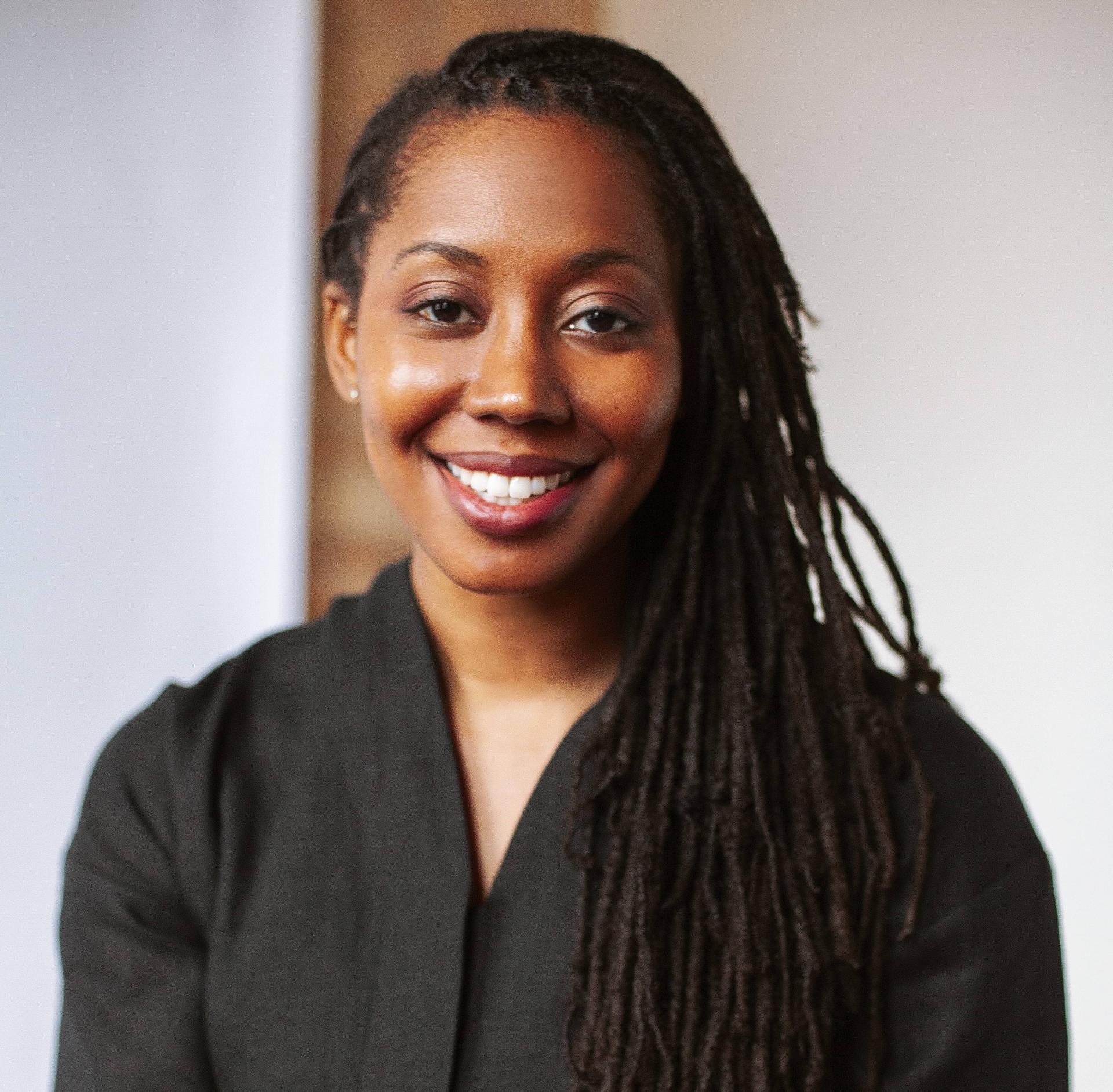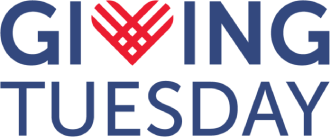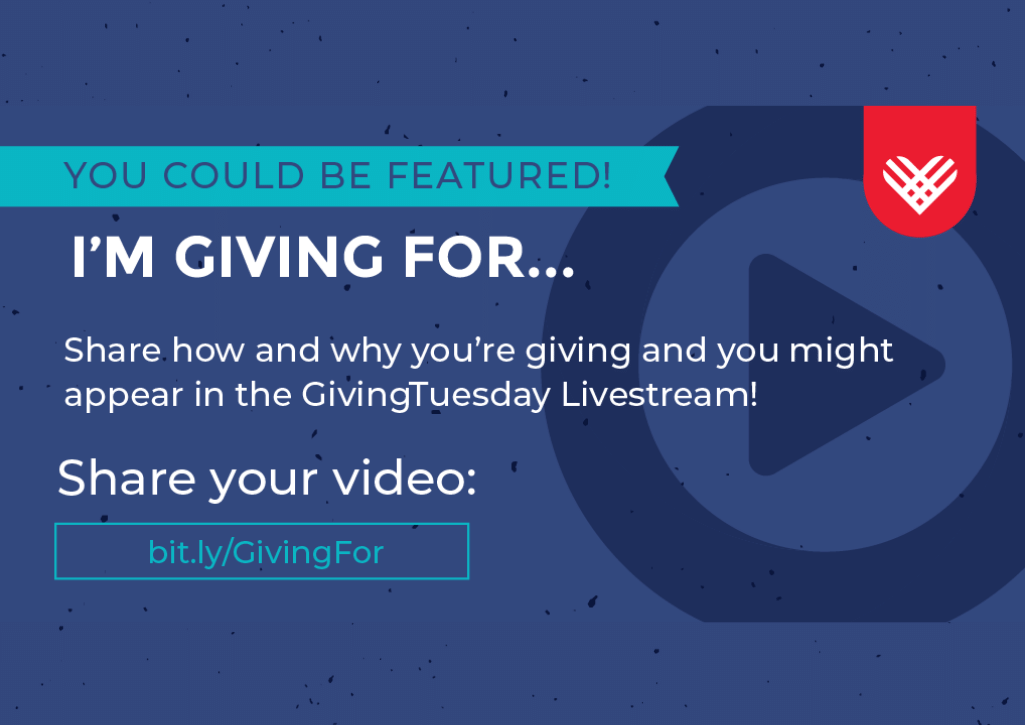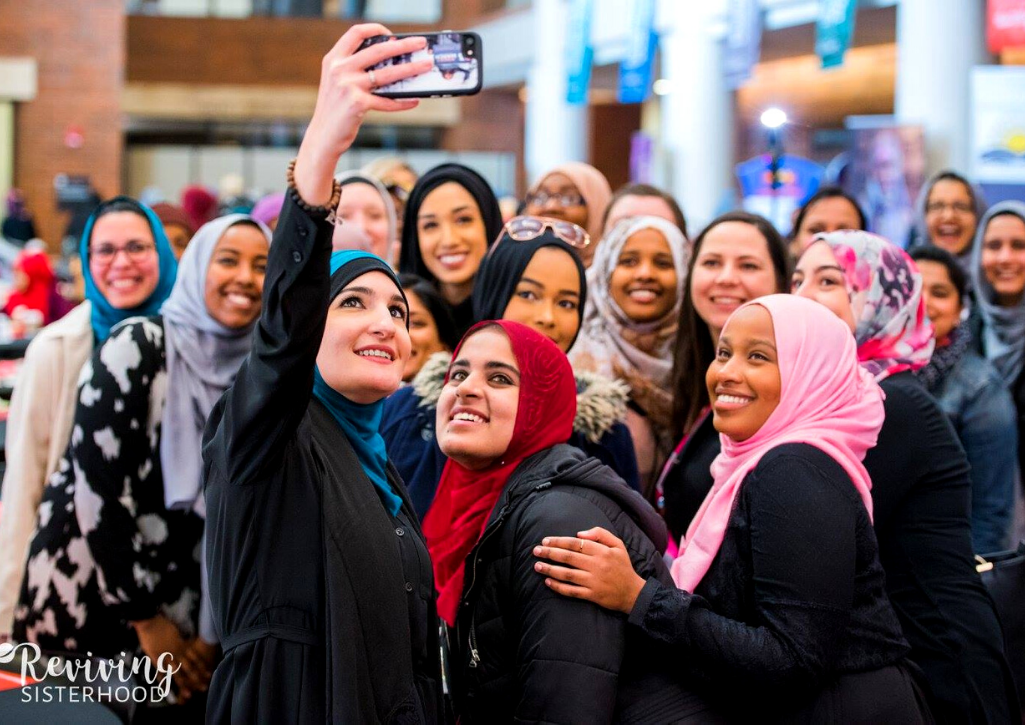An Interview With The South Side Queenmakers

This is the fourth in our new blog series featuring Giving Circles – groups of friends, family, and neighbors who gather to learn about issues that interest them and pool money to fund greater impact. Giving Circles are democratizing giving, shifting the power, and changing the face of philanthropy – allowing all voices to be heard and empowering anyone to become a “philanthropist.”
This week, we spoke with Jessyca Dudley, one of the founders of the Chicago Foundation for Women’s South Side Giving Circle, a giving circle based in Chicago, which is dedicated to supporting Black women + girls in a hyperlocal way.
How did your background inform your value of generosity? Was there someone in your life who taught you about the importance of giving back?
My family is very volunteer-focused and I have been volunteering with nonprofits since I was very young. My mom ran the church community meals program – I was the little kid sitting in the service window passing out cookies for years. My family was also very involved with the American Cancer Society and I helped to found their young women’s service club in Chicago when I was in middle school. By the time I got to college, much of the volunteer work that I was doing was to promote public health. I didn’t realize at that time that I could make a full-time job of the volunteer efforts I had pursued because they were my passion, but once I did I decided to pursue a career in public health and eventually found myself working in philanthropy – with a focus on how philanthropy can be responsible to the communities it serves.
Why did you start a giving circle?
A good friend of mine, Nicole Robinson, approached me about supporting her effort to launch the South Side Giving Circle. Nicole was interested in having a millennial voice in the giving circle was looking for someone who had experience with philanthropy. Along with the other founders, Felicia Davis, Cristal Gary, Phaedra Leslie, Melody Miller, and Nicole Reed, we spent our first few meetings discussing how we would differentiate ourselves and make this giving circle responsive to the needs of black women and girls living on Chicago’s South Side.
Over the past few years there has been a trend in philanthropy of supporting men and boys of color and less attention given to black women and girls. Nationally, it is estimated that just seven percent of all philanthropic dollars are allocated to address needs specific to women and girls, and funding has never exceeded 8.5 percent allocated to addressing the needs of African Americans. We wanted to be able to enter a conversation about why that is. We spent time considering what a meaningful grant amount would be and how we could support local organizations that are doing work on the ground, that are also are likely to be smaller organizations. We wanted to make the process accessible to everyone, so we also considered the different ways that we could accept applications, including having organizations submit their applications by calling us and discussing the work that they are doing. We have an opportunity, particularly because it’s a group of women getting together with a focus on enabling organizations that serve women and girls, to think differently about how we are engaging in grantmaking. We are not only thinking about doing this work differently, but have written it into our bylaws – ensuring that it is embedded into the way we are giving grants.
We were successful in implementing these ideas in our first year – in our second year we will be giving two types of grants. A traditional grant to support organizations and a new type of grant to support leaders in the community. We want to invest in leaders and ensure that they have the resources they need to develop their leadership skills and capacity.
Black women have always been engaged in giving but may not have seen themselves as philanthropist – how does the giving circle change this narrative and elevate these stories?
Yes, African Americans have a long history of philanthropy in United States. Whether it’s tithing to the church or supporting their communities through the creation of mutual aid societies African Americans have always been giving but don’t necessarily think of themselves formally as ‘philanthropists.’ The South Side Giving Circle is an opportunity to elevate the strong history of philanthropy in Chicago’s African American community and demonstrate our collective impact. There’s a perception that we are trying to disrupt – that African Americans do not care about their own communities, that we are not willing to do the work to shape our communities. Which is complete false. By engaging with these incredible organizations we are able to tell the stories of community-based leadership.
Your work around responsible grantmaking has been amazing to watch. Can you talk a little bit about what causes your circle supports and how you make sure your process is equitable?
To be eligible to receive a grant, organizations have to located on and serving the South Side of Chicago, an area of the city that has historically been divested of resources. Because our giving circle is hosted by the Chicago Foundation for Women, the organizations also have to have a stated gender lens to their work – we ask them to share with us how their work supports and advances gender equity.
Our members, who are also residents of the South Side of Chicago, nominate organizations for funding. Organizations are asked to submit a brief application and members engage in site visits to learn more about the organizations. It’s important for us, as grantmakers, to be engaged in the due diligence process – to talk to the people doing the work in the community, understand their capacity, to be responsible and responsive to their needs. We hope that this process will also help us to build relationships with these organizations and that we will be able to support them beyond the grants that we may provide.
In our first year we made grants to Assata’s Daughters; Girls Like Me Project, Inc; Polished Pebbles; Sisters Network – Chicago Chapter; and Violets in Bloom. We received a warm reception form the Chicago community and have gotten media coverage for our work. News of the giving circle has spread through personal and professional networks leading us to reach over 50 members for our second year.
We’ve been thinking a lot about the word philanthropist lately. Do your members think of themselves as “philanthropists”? How do your members define themselves and their giving?
We call ourselves Queenmakers. We wanted something that felt female-centric and philanthropist felt inadequate to describe the work we’re doing. When people hear the term philanthropist I think that they do not think of the time, talent, and treasure part of the work that we are doing. We are going beyond just giving financial support, we are also opening our networks to the organizations and building relationships that we hope will last beyond the giving circle.
Who are the members of your giving circle?
We represent a wide range of women living and working on the South Side of Chicago. We welcome all women that value the lives and experiences of women and girls of color on the South Side. Members have to be at least 18 and commit to donating $500 if they are under 35 and $1,000 if they are over 35. All members are required to attend a grantmaker training and to go on at least one site visit in order to vote on who received grants.
What was your favorite moment of the year?
Our end of year celebration where we gave out checks to the five organizations we are supporting. Since it was our first year we had no idea how it may go – we had over 50 women join us for the celebration The members who nominated organizations spoke about why they nominated these organizations and then gave them they’re grants – we had those big cardboard checks for everyone. It was a wonderful moment to celebrate the work that these organizations have done, of the community of women who are supporting their work and their future success.



